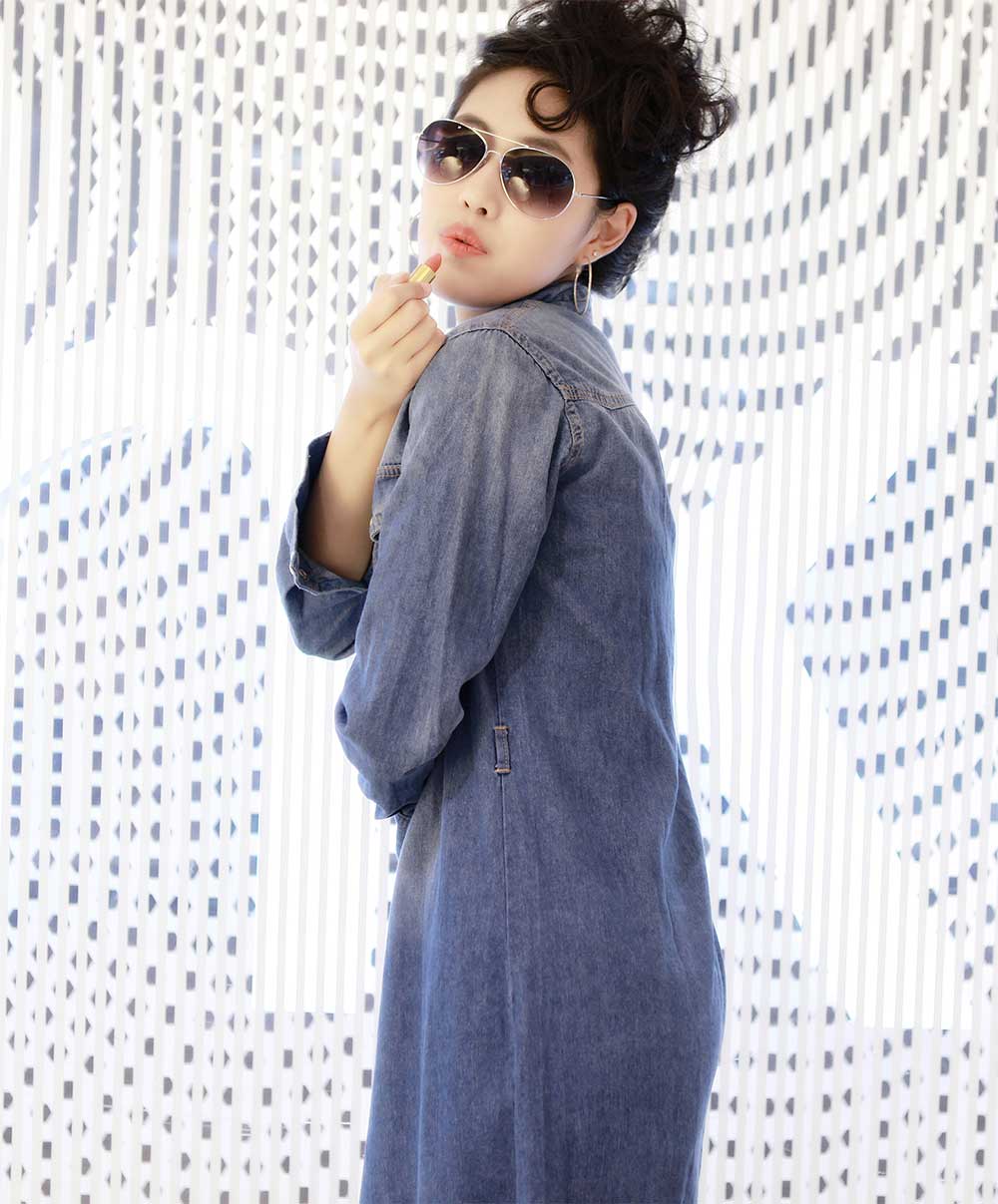
In the rapidly evolving world of today, art education is emerging as a dynamic force that provides students with essential tools to navigate life’s complexities.
Traditionally seen merely as a creative outlet or hobby, art education is now gaining recognition for its potential to empower individuals with the skills and values necessary for a meaningful and fulfilling life.
In today’s fast-paced environment, art education is becoming a powerful force, equipping students with tools to navigate life’s complexities with integrity and promoting their holistic well-being.
Art education nurtures creativity, self-expression, and transformative learning experiences, enabling students to thrive in a dynamic world. It also revolutionizes teaching methods and encourages individualized learning pathways.
- Encouraging Creative Expression
Within the realm of art education, creativity knows no bounds. Whether through painting, sculpture, or digital media, students can explore their creativity, self-expression, and unique perspectives. This creative process enhances problem-solving skills, critical thinking, and adaptability, valued traits in an innovative world.
- Redefining Assessments
Art education challenges traditional assessment methods, pushing educators to design projects that foster original thinking and paradigm shifts. These projects engage students in meaningful experiences, moving beyond rote memorization towards self-discovery and critical analysis.
- Personalized Learning Journeys
Art education tailors the learning experience to individual needs, recognizing each student’s unique talents and preferences. It provides personalized resources and activities, adjusts complexity, and offers real-time feedback, enhancing engagement and effectiveness.
While art education brings numerous benefits, it faces challenges that demand attention.
- Access and Equity
Not all students have equal access to art education, requiring efforts to ensure everyone benefits from its empowering impact.
- Curriculum Integration
Integrating art education into the broader curriculum can be challenging. Striking a balance between art and other academic subjects while acknowledging art’s unique contributions is essential.
- Measuring Creativity
Art education challenges traditional metrics for evaluating academic success. Finding ways to measure and assess creativity and self-expression is crucial.
The Future of Art Education
Art education is poised to play a more significant role in empowering students, fostering creativity, and enhancing overall well-being. As technology advances and the world evolves, the importance of art education in nurturing critical thinking, creativity, and emotional intelligence cannot be overstated.
In conclusion, art education has the potential to revolutionize how students learn and grow. By embracing creativity, critical thinking, and self-expression, it empowers individuals to navigate life’s complexities with integrity and find fulfillment.
As the field of art education continues to evolve, addressing challenges is crucial to a future where art education is recognized as a fundamental element in personal and societal development.









